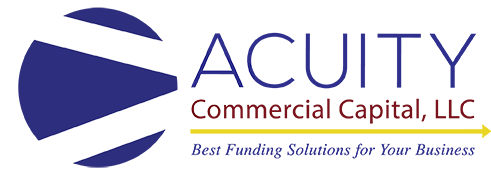What Every Business Owner Should Ask About Equipment Leasing
Leasing equipment is a worthwhile way to save your business money. Aside from improving your budget, it unveils the opportunity to upgrade to the latest versions of equipment without having to pay unreasonable costs. Additionally, maintenance coverage is often included, which proves valuable when the equipment unexpectedly stops working. Seems simple, right? Not so fast. As a business owner, it is crucial to ask key questions about equipment leasing before committing.
What Is the Policy if Something Breaks?
Maintenance is commonly included when you lease equipment, but knowing whether or not the company you select fixes problems in a timely matter is just as significant. Asking how quickly a representative will arrive prior to committing to the lease avoids the uncertainty of when the equipment will be repaired. It also provides you a chance to look for an alternative company to lease from if the repair time is too long for your business.
Is Buying Out the Lease an Option?
When leasing a piece of equipment that will not be replaced a few years down the road, such as a vehicle, buying out the equipment may be a viable option. Knowing at what point you have the option to purchase allows you to plan your payments accordingly. It is recommended to structure your leasing payments to cover the cost of equipment over several years and purchase at the end. For comparison, a common buyout for fair market value is a one-dollar buyout.
How Can You Be Cost Efficient When Leasing Equipment?
There is always room for negotiation when it comes to equipment leasing. When a certain lessor refuses to negotiate, it may be wise to search for an alternative company. If saving money is the goal, long-term leasing can be a worthwhile option. In addition, downgrading the equipment that you are leasing can decrease payments.
The tax benefit of leasing is another important factor to consider and will depend on your company’s financial state. Leases are often considered operating expenses and not debt. For this reason, your business will appear more financially stable on its balance sheets, which can reduce taxes.
What Are Your Payment Options?
Although fixed payments are the typical payment method for equipment leasing, skipped-leasing and step-up leasing are two alternatives. Skipped-leasing permits you to skip payments during slower months and reduces the risk of being penalized for missing a payment. Another form of payment is step-up leasing, which is a wise choice if you have limited cash flow and are depending on acquiring certain equipment to turn your business around. Payments are low at first and later increase according to the schedule laid out prior to obtaining the equipment.
If your business cannot afford to purchase equipment right now, leasing can be a consideration. Search for a company willing to accommodate your needs, and make sure equipment maintenance is included in your contract.
